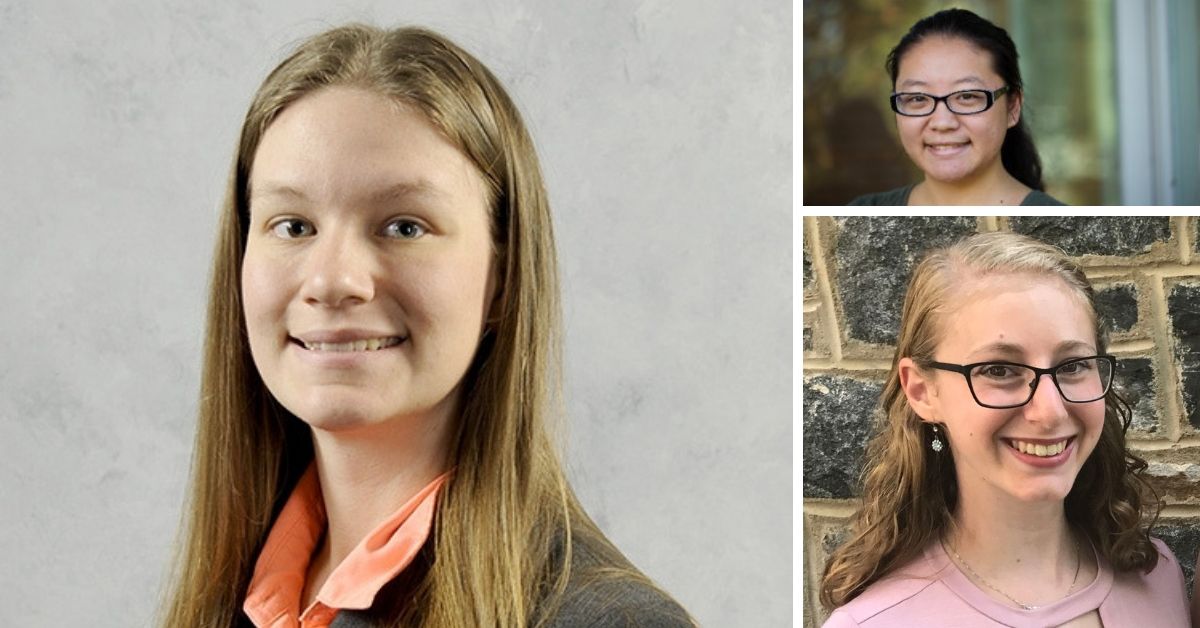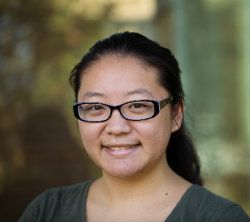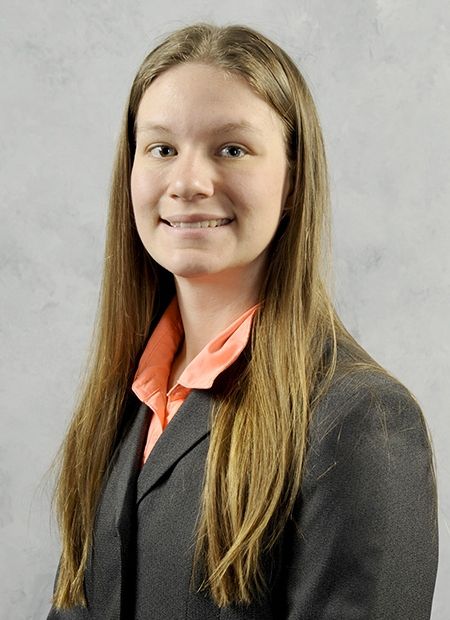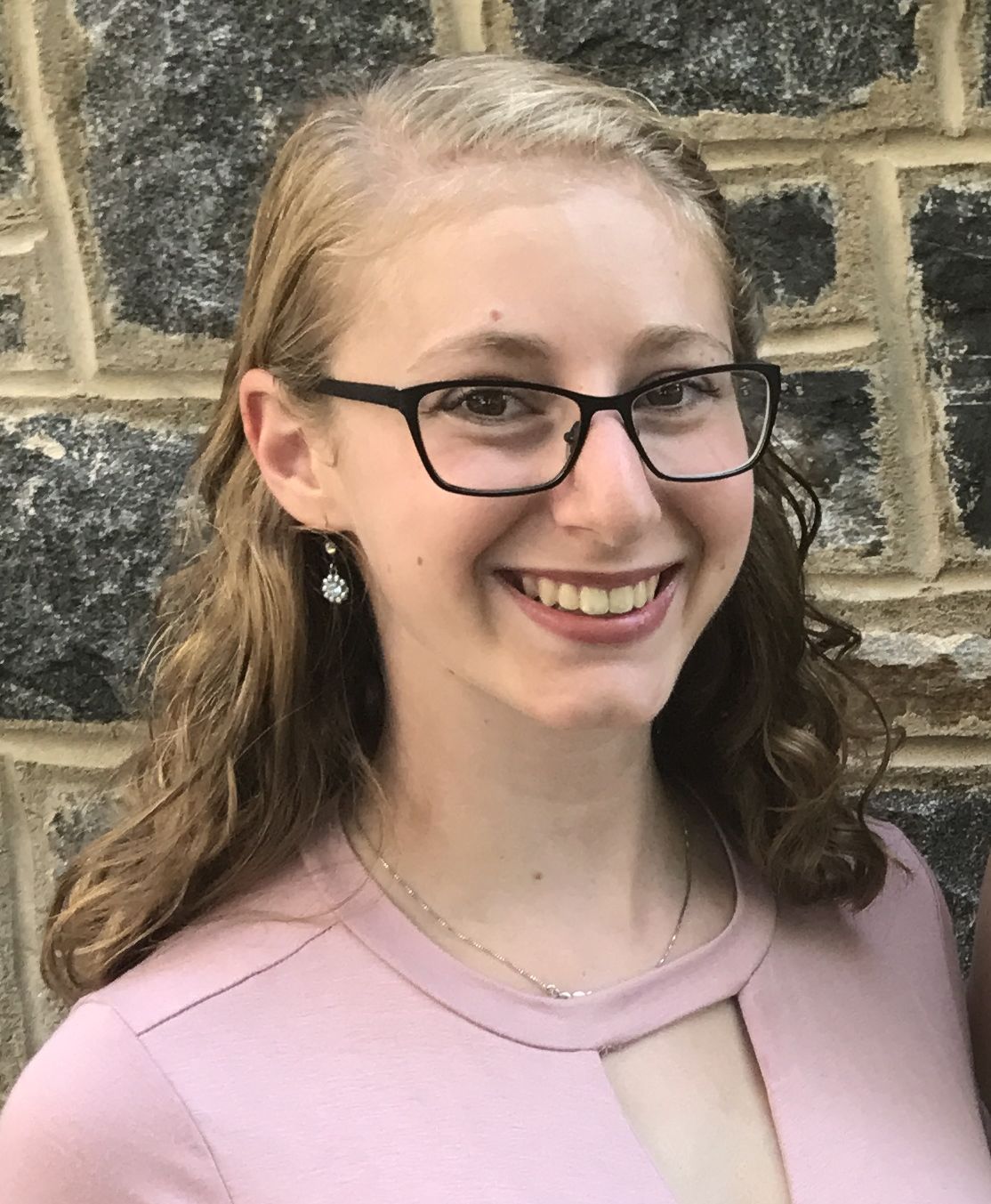“I think it says something to the people I work with—in any capacity—for the rest of my life,” she says. “Anyone in any STEM field knows about the award, and it just looks really good. It’s something I’ll have attached to me for the rest of my life.”
As a freshman, Morosohk knew she wanted to do something with renewable energy and chose mechanical engineering as the path to get there. But it was an elective that happened to fit into her senior year schedule—Mechanical Engineering 362: Nuclear Fusion and Radiation—that ultimately determined her research focus.
“I ended up really loving the class,” she says. “And after the semester ended, I got an email from the professor asking, ‘Do you want to do your PhD with me?’”
She did, and Morosohk is now working with Professor Eugenio Schuster on the intersection of plasma physics and control systems in nuclear fusion.
Yang, Kent, and Morosohk all say their NSF fellowships reveal a lot about their Lehigh education. Their classes sparked their interest and gave them direction. Their professors offered them research opportunities. Their projects provided them exposure and experience. Their advisors supported, guided, and pushed them.
And no doubt, lifted them.
Yang, who will enter the bioengineering PhD program at the University of Maryland, College Park, came to Lehigh as a part of the Rapidly Accelerated Research Experience, or RARE. The pre-admission-to-graduation STEM immersion program provides research and leadership opportunities to students from backgrounds that are underrepresented in science, technology, engineering, and mathematics.
As part of her research experience, Yang has focused on developing hydrogels that will eventually encapsulate stem cells and influence how those cells develop for tissue regeneration. She admits that she can be hard on herself—“Yeah, oh yeah,” she laughs—even going so far as saying the fellowship “feels like the one thing I did right.” And so her list of those she’s thankful for runs long. They have all “shaped who I am now,” she says. A bioengineer who wants to work with biomaterials to improve drug delivery systems. And now, a National Science Foundation Graduate Research Fellow expected to contribute to the well-being of society.
“I’ve been really fortunate to have people support me here at Lehigh,” she says. “And I want to thank everyone who has helped me in my college career. I’m really grateful.”
—Christine Fennessy is staff writer for the P.C. Rossin College of Engineering and Applied Science




